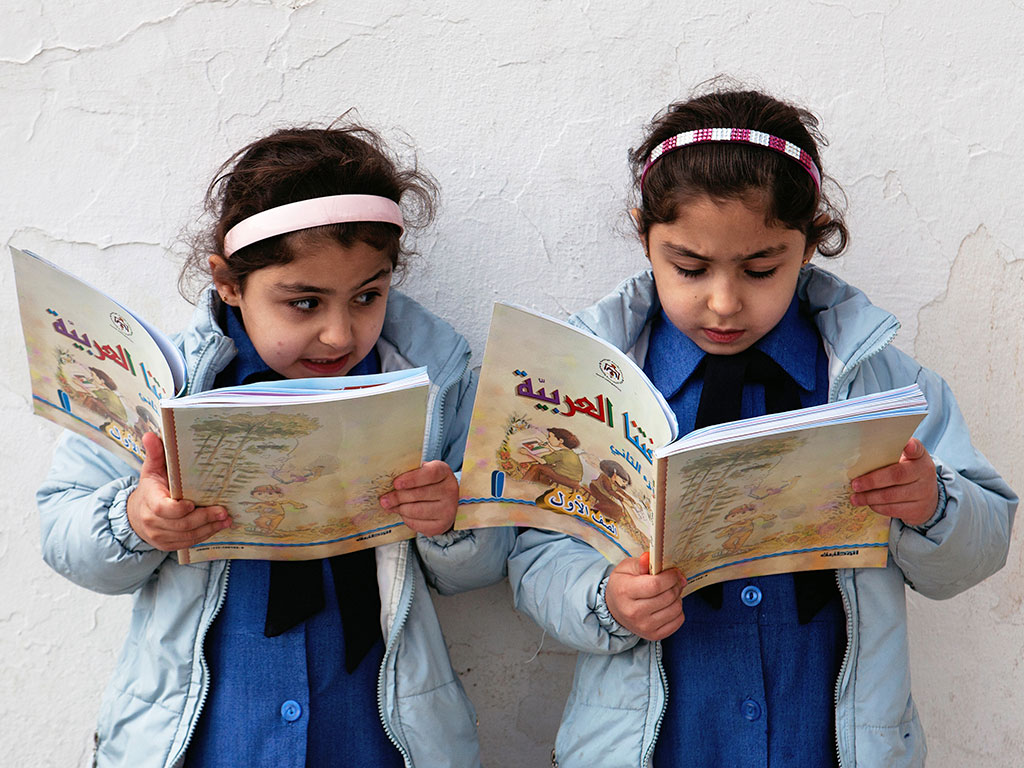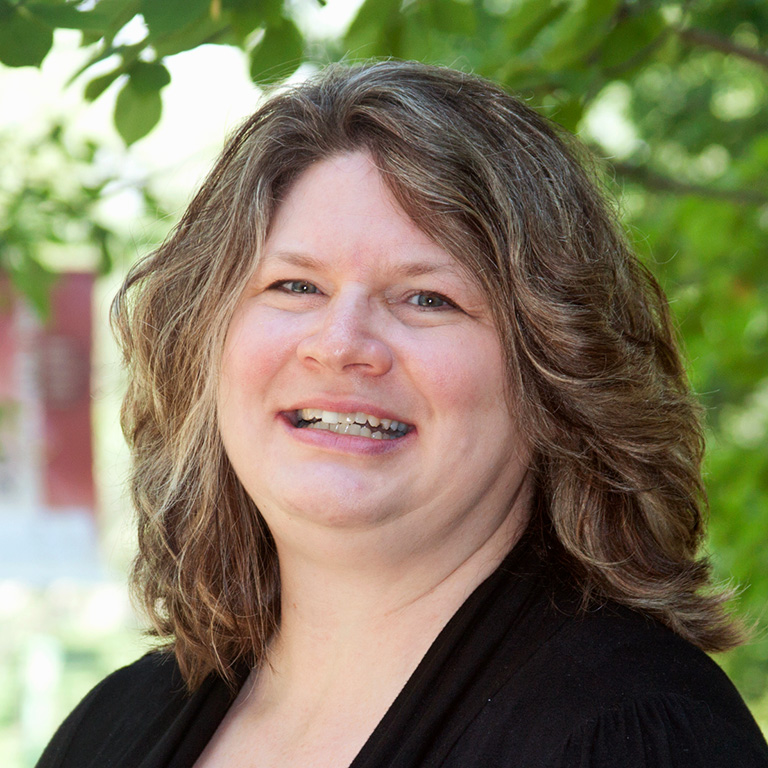Dominant discourses on citizenship and citizenship education have been viewed through largely Western traditions and lenses. Faculty member Patricia Kubow is looking to change that in the country of Jordan.
Kubow, a Professor in International and Comparative Education in the Department of Educational Leadership and Policy Studies and the Department of Curriculum and Instruction, has been granted access by The Hashemite Kingdom of Jordan’s Ministry of Education, a rare feat for a Westerner, to conduct this research demonstrates the interest on the part of the government to know how children feel about their experiences in Jordan.
“I have been doing research on various aspects of citizenship education in Jordan since 2008. It is a fascinating place for study,” Kubow said. “Jordan is a small country equivalent to the size of Indiana. It is a less affluent economy than other Middle Eastern countries, and the monarchy and government navigate complex relations between the West, with the U.S. as its ally, and the Arab world. The notion of ‘citizen’ in Jordan is nested in a web of sociality involving allegiances to family, culture, nation-state and religion.”



